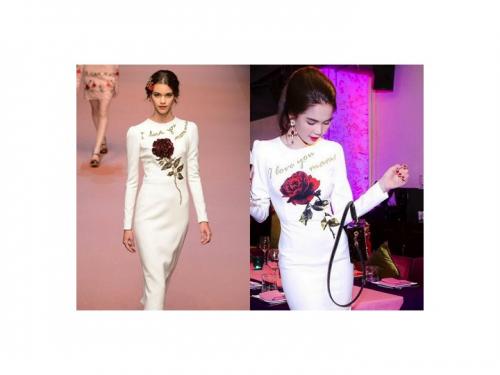When No Brand In Vietnam is Famous

When No Brand In Vietnam is Famous
In my first blog post I wrote about some of the difficulties that come along with applying for Intellectual Property (IP) rights in Vietnam. Curious about the implications of the public’s general lack of desire/ knowledge to apply, I delved more into what it means to have a recognized brand in Vietnam. According to Vietnam Net Bridge, “No Brand of Vietnam is Recognized as Famous.” (http://english.vietnamnet.vn/fms/business/159326/no-brand-of-vietnam-is-...)
In the past 10 years, “no brand in Vietnam has been officially rated as “famous” said Dr. Nguyen Nhu Quynh, deputy chief inspector of the Ministry of Science and Technology. That’s not to say that there aren’t companies and products that are commonly known and used amongst Vietnamese consumers. But because it’s difficult to apply for IP rights and because “Vietnam lacks regulations on the recognition of the famous brands” it’s expensive and hard for companies to grow and protect itself from counterfeits and copycats.
But it’s the counterfeits and copycats that makes this article particularly interesting. Because if you have general problems regarding IP, how are you supposed to punish those violate IP? The Deputy Director of the Economic Police, Colonel Hoang Van Truc admitted that only one out of every seven counterfeiting cases is held accountable because there aren’t really guidelines for sufficient grounds for punishment.
Every country, every city will have someone selling fake Nikes or fake iPhones on the street. But what happens when there’s just blatant international plagiarism? On the Thanh Niên Daily’s website I found an article about a Vietnamese model and fashion store owner Ngoc Trinh who has openly admitted copying designs from Victoria Beckham and other local designers. (http://www.thanhniennews.com/arts-culture/faking-it-vietnamese-model-has...) On her Facebook page Trinh wrote” It is not a big deal in Vietnam. I only want to make beautiful, elegant but affordable clothes for my customers. I have never called myself a designer.” Copying a design in Vietnam is a punishable offense in Vietnam- you can get fined anywhere between 15 to 35 million VND (670-1600 dollars). But no one is ever punished.
We see this happening in music as well. The Vietnamese pop singer Song Tung’s recent release of his song “Chung Ta Khong Thuoc Ve Nahu” (We Don’t Belong to Each Other) has led some to believe that he copied Charlie Pluth and his hit “We Don’t Talk Anymore.”( http://www.vir.com.vn/pop-singer-accused-of-charlie-puth-plagiarism.html)
The question now becomes, does this copying even matter? If no laws are enforced or put in place, and if owners of the original design/song don’t know about the plagiarism/ don’t care enough to file some sort of legal complaint, who cares? Trinh doesn’t consider her self to be an original designer. She just wants to make clothes accessible. Is that so bad? Tung has been accused of copying other artists before but won the Singer of the Year award at the annual Music Devotion Awards in April. What I’m interested in is seeing how the government is going to address the copying within the fashion and music industries. Copying is common and accepted in Vietnam (which can be said for any country)-- how is this going to affect the goal of having Vietnamese brands be recognized as famous and well known internationally? Will/ do other countries with designers/musicians who are being copied look down upon Vietnam for its loose guidelines on creation and production?